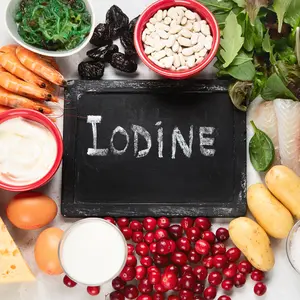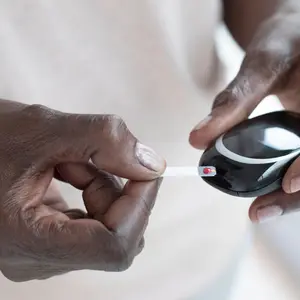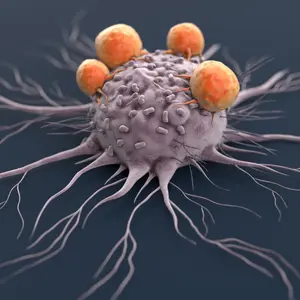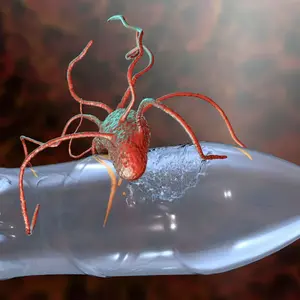

Emerging

Emerging
Proteasomes Defense Against Bacterial Infections
A recent study published in the journal Nature reveals that proteasomes—cellular structures known for breaking down damaged proteins—also generate peptides (small protein fragments) that combat bacterial infections. Until now, scientists knew little about these peptides or their role in immune defense.
Using both lab experiments and computer modeling, researchers from the Weizmann Institute of Science in Israel identified hundreds of thousands of potential antimicrobial peptides that could be created during normal proteasome activity. They also discovered that bacterial infection changes the structure and function of proteasomes, enhancing their ability to produce these protective peptides.
To test their role, scientists inhibited proteasome production in one group of human cells and left another group unaltered. When both groups were exposed to salmonella, the infection thrived in the cells without proteasomes but was eliminated in the control group. The scientists then destroyed the infection-fighting peptides themselves and observed similar results—without these peptides, the infection spread.
Next, the researchers tested their findings in bacteria-infected mice. When researchers inhibited the proteasomes’ ability to produce these peptides, bacterial infections thrived and survival rates dropped.
This study reveals that proteasomes contribute directly to the body’s innate immune defense by generating antimicrobial peptides. These discoveries may assist researchers in developing more effective antibiotics and other therapies to fight infection.


 By
By






